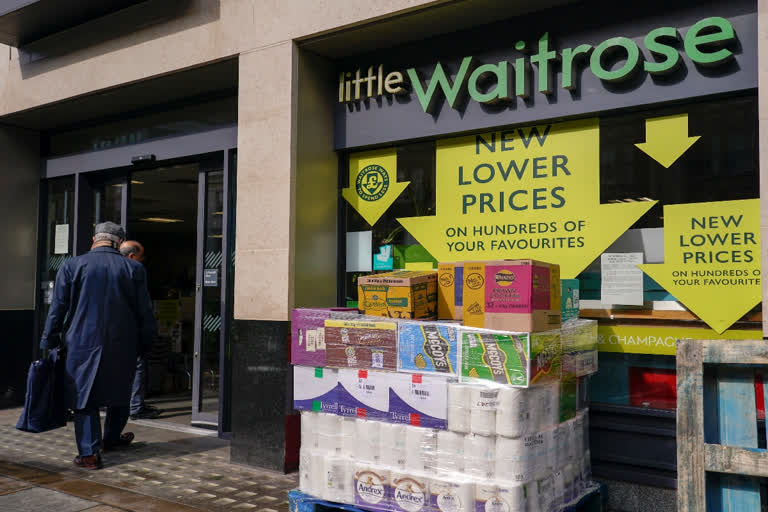London:Something unexpected may force the Bank of England to approve an 11th consecutive interest rate increase Thursday: a shortage of fresh vegetables. The scramble for peppers, cucumbers and spinach last month helped push inflation to 10.4 per cent in February, surprising analysts who expected prices to drop into single digits for the first time in seven months.
Before the numbers were released Wednesday, many economists suggested the Bank of England would keep rates on hold. That's because of concern about turmoil in the global financial system following the collapse of two US banks and the ensuing troubles at Switzerland's Credit Suisse, which forced a hastily arranged takeover by rival UBS.
But the unexpected jump in prices in the United Kingdom refocused attention on stubbornly high inflation that is pummelling consumers and slowing economic growth. Investors are now betting the central bank will raise its key rate by a quarter of a percentage point, to 4.25 per cent. After two weeks of instability on financial markets, there had been growing expectation that the Bank of England may take a pause in its rate hike journey, and that can't be ruled out, said Danni Hewson, head of financial analysis at financial services company AJ Bell. But (Wednesday's) upward shift will be akin to popping a rooster into the henhouse.''
The US Federal Reserve weighed in with its assessment of the risks Wednesday, raising its key interest rate by a quarter-point as Fed Chair Jerome Powell tried to reassure Americans that it is safe to leave money in their banks. A week ago, the European Central Bank hiked rates by a large half-point, brushing aside the financial market jitters and calling Europe's banking sector resilient.
Central bankers worldwide are struggling to balance competing economic demands as they try to rein in inflation, which erodes savings and increases costs for consumers and businesses, without unnecessarily damaging economies weakened by the COVID-19 pandemic, Russia's war in Ukraine and now banking upheaval.
